Videos
Our nutrition videos are lectures recorded at global nutrition conferences and workshops, featuring leading experts addressing a wide range of key nutritional topics. The talks are free to Nestlé Nutrition Institute members, and cover all the most-discussed subjects in nutrition today.
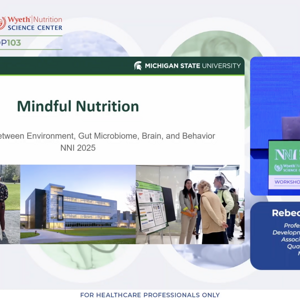
Mindful Microbes: The Interplay Between Environment, Gut Microbiome, Brain, and Behavior
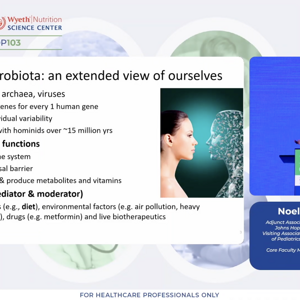
Exploring the Crosstalk: Nutrition, Microbiome, and Cardiometabolic Health
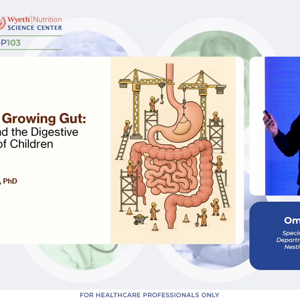
Guiding the Growing Gut: Microbiome and the Digestive Development of Children
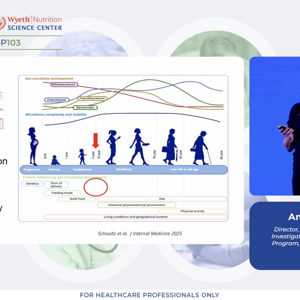
Nourishing the Microbiome at Preschool age: Dietary influences from infancy to present
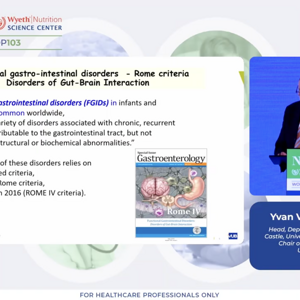
Navigating Digestive Disorders in Young Children: DGBIs from Infancy to Toddlerhood

Overcoming Challenges: Addressing Feeding Difficulties in Young Children
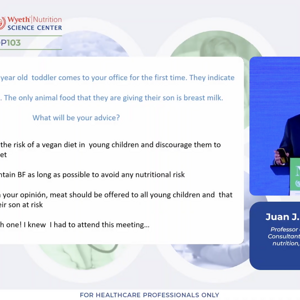
Plant-Based Nutrition: Navigating Vegetarian and Vegan Options for Toddlers

Beyond Nutrition: A Comprehensive Exploration of Obesity in Toddlerhood and Early Childhood
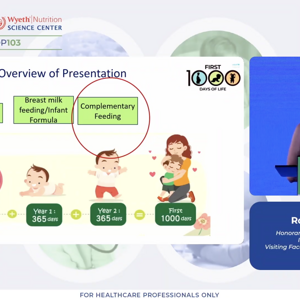
Navigating Allergies: The Role of Complementary Feeding in Food Allergy Prevention
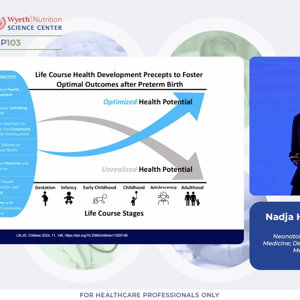
Nurturing Preterm Infants: Transitioning to Effective Feeding Strategies
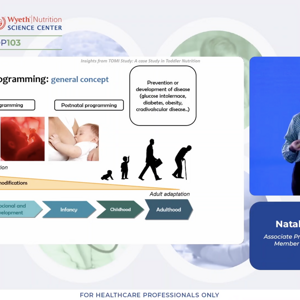
Insights from TOMI Study: A Case Study in Toddler Nutrition
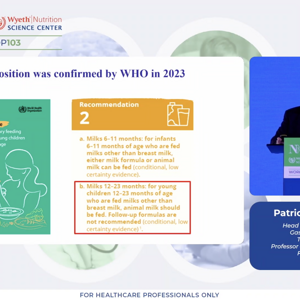
Young Child Formula: The Latest Recommendations & Practical Applications
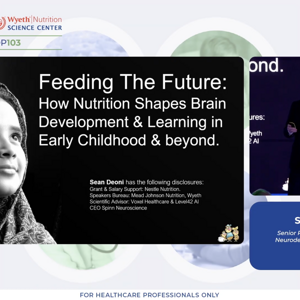
Feeding the Future: How Nutrition Shapes Brain Development and Learning in Early Childhood and Beyond
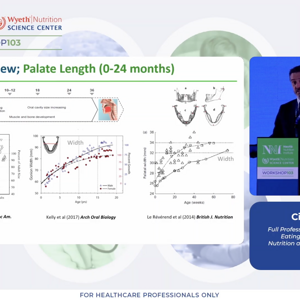
Learning to Eat: Exploring Food Texture, Taste, and Eating Behavior
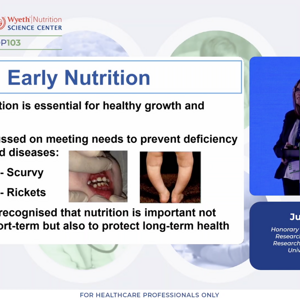
Addressing the Gap: From the Cradle to the Playground - Optimising Intake in Infants, Toddlers and Preschool Children
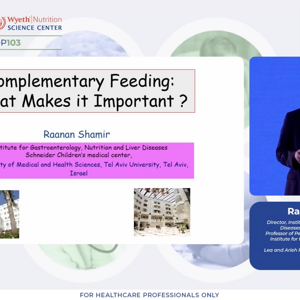
Complementary Feeding: What Makes It Important